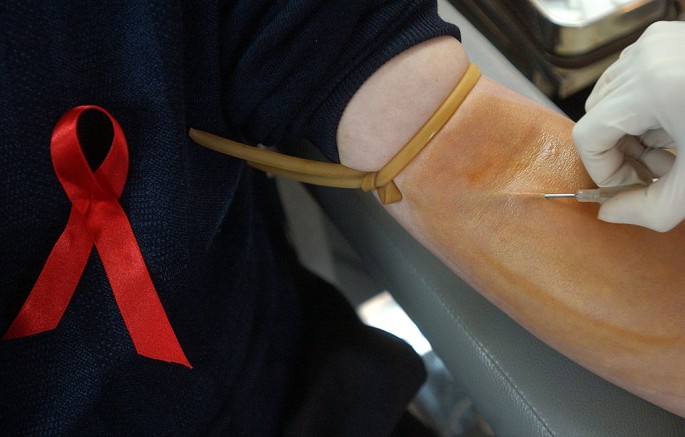Two decades after the HIV contamination scandal, China sees another rise in the human blood black market amid a nationwide shortage of donors.
Citing the Shandong Satellite Television, the South China Morning Post said that the country is seeing the reemergence of the problem in illegal blood trade fueled by the shortage of blood donors in China.
Apparently, the mainland is well below the World Health Organization's (WHO) recommended number of donors for each country, which should be about 1 to 3 percent of the Chinese population.
Blood Crisis
In February, the shortage of blood hit 50 of the 70 major cities in China and resulted in 80 percent of scheduled surgeries to be postponed.
In a report published in February last year, Reuters recalled China's history when it comes to blood donation.
During the 1980s and the 1990s, farmers were urged to sell their blood and plasma to hospitals.
At the time, the country was struck by the HIV contamination scandal where tens of thousands of people were diagnosed with the immunodeficiency disease due to the unsanitary practices done while handling blood.
In 2011, the blood donors were pushed away by a scandal involving a woman who claimed to work for the Red Cross Society of China. She tarnished the good name of the organization by posting pictures of her lavish lifestyle, making potential blood donors rethink and even back out from ever donating their blood.
Blood Black Market
Jiangsu Province is one of the worst struck provinces of the blood shortage in China.
There, people are already turning to illegal blood traders who make them pay as much as 1,000 yuan or about $154 per 200cc of blood.
"I can find a donor as long as you tell me the blood type of the patient a day in advance," a blood trader in Suzhou, Jiangsu Province, who declined to give his name told the Global Times.
According to Guangzhou Blood Center deputy chief Wang Chuanxi, 200cc of blood only costs 210 yuan in hospitals based on national standards with additional fees for blood processing and storage.
Plus, according to the country's Law on Blood Donation, arrangements for a person to sell his or her blood is illegal.
The law states that only family members, friends, relatives and colleagues are encouraged to donate blood for the patient for mutual aid.
However, Beijing Tsinghua Changgung Hospital medical practitioner Dr. Fan Rong said that the law failed to pinpoint "what constitutes blood donation for mutual aid."
"As the current law does not specify what constitutes blood donation for mutual aid, it is necessary to update the law to define how the relationship between donor and patient should be determined," he told the Global Times.



























